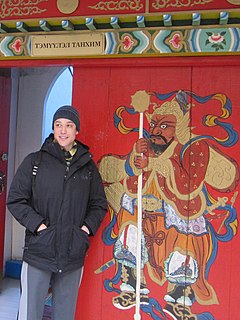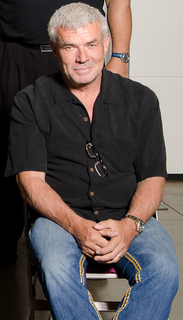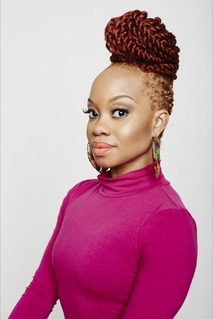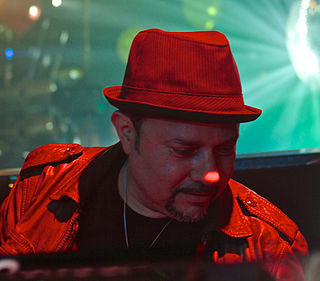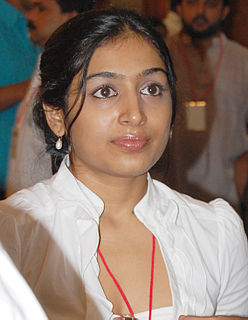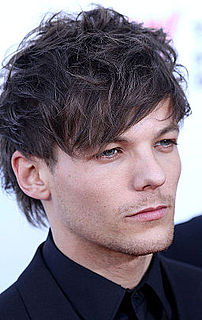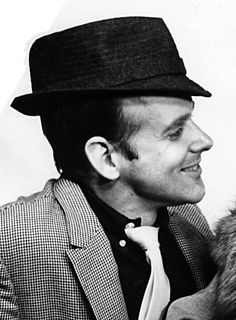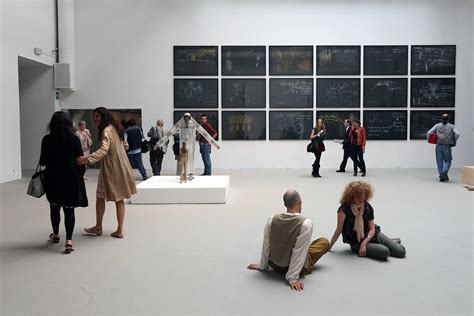A Quote by Twyla Tharp
I've always believed that a dance evening energizes an audience, that an audience goes out feeling chemically stronger and more optimistic. This is what I understand about dance. And this is an important thing. We need this. Our culture needs it.
Related Quotes
I don't understand choreographers who say they don't care about the audience or that they would be happy to present their works non-publicly. I think dance is a form of communication and the goal is to dialogue with the audience. If an audience member tells me they cried or that the dance moved them to think about their own journey or a family member's, then the work is successful.
To have a platform like So You Think You Can Dance, where you're reaching this audience that's been created over the 10 years that they've been on the air. People who didn't know anything about dance and aren't going to go to the theater are learning about it, even if it's ballroom and jazz, by just turning their television ono. They're building this audience that's advanced and educated enough to introduce them to ballet.
I think a lot of times when people hear the word dance, they think 'oh, that's something that I can't do.' But dance really lives in our bodies and the thing that I've come to learn, embrace and lift up is that we have history in our bodies that's living and breathing. We have our own individual history but we also have our heritage. Each one of us has our movement language and it's about tapping into that and pulling that out. That's the thing that I try to encourage everybody because it's not about dance, it's about the movement and the gesture and how we honor it.
The desires of the heart are as crooked as corkscrews Not to be born is the best for man The second best is a formal order The dance's pattern, dance while you can. Dance, dance, for the figure is easy The tune is catching and will not stop Dance till the stars come down from the rafters Dance, dance, dance till you drop.
Because of this high status of the object in our culture, something has to be a thing. Live efforts are almost marginal. I think dance, for example, is just as much a thing, and I want for it to have the same status. I don't want it to be the thing that comes in the evening and is, like, the happy music.

